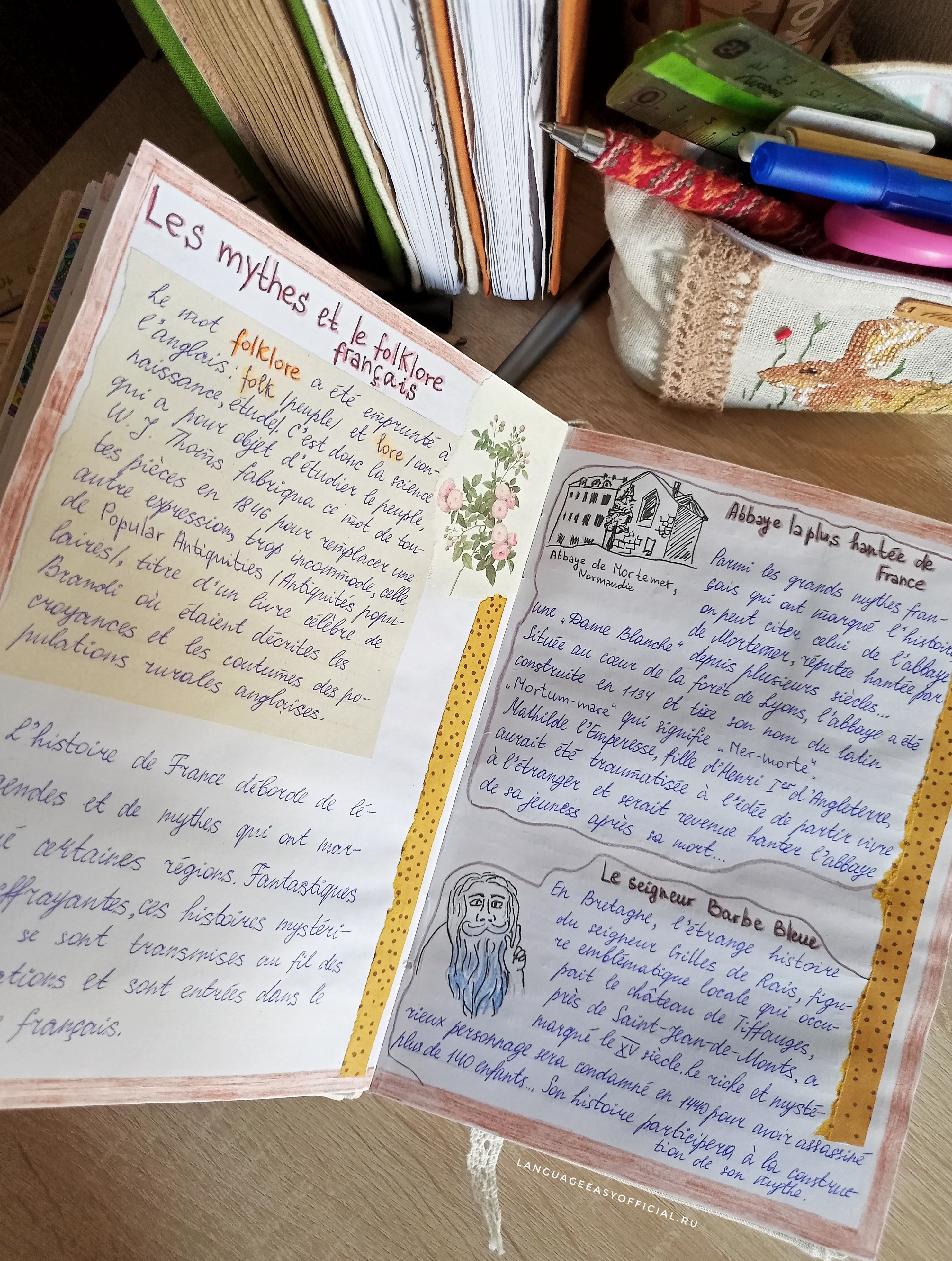Ideas for Your Language Journal
In this post, I’ll share some lovely and creative ways to incorporate writing and even a bit of art into your language learning routine. Don’t be too quick to think that writing isn’t essential in modern language study—it absolutely is! Writing in your target language will help you speak more fluently, build stronger sentence structures, learn new vocabulary, and—perhaps best of all—have fun while doing it, especially if you combine it with your love for journaling and decorating.
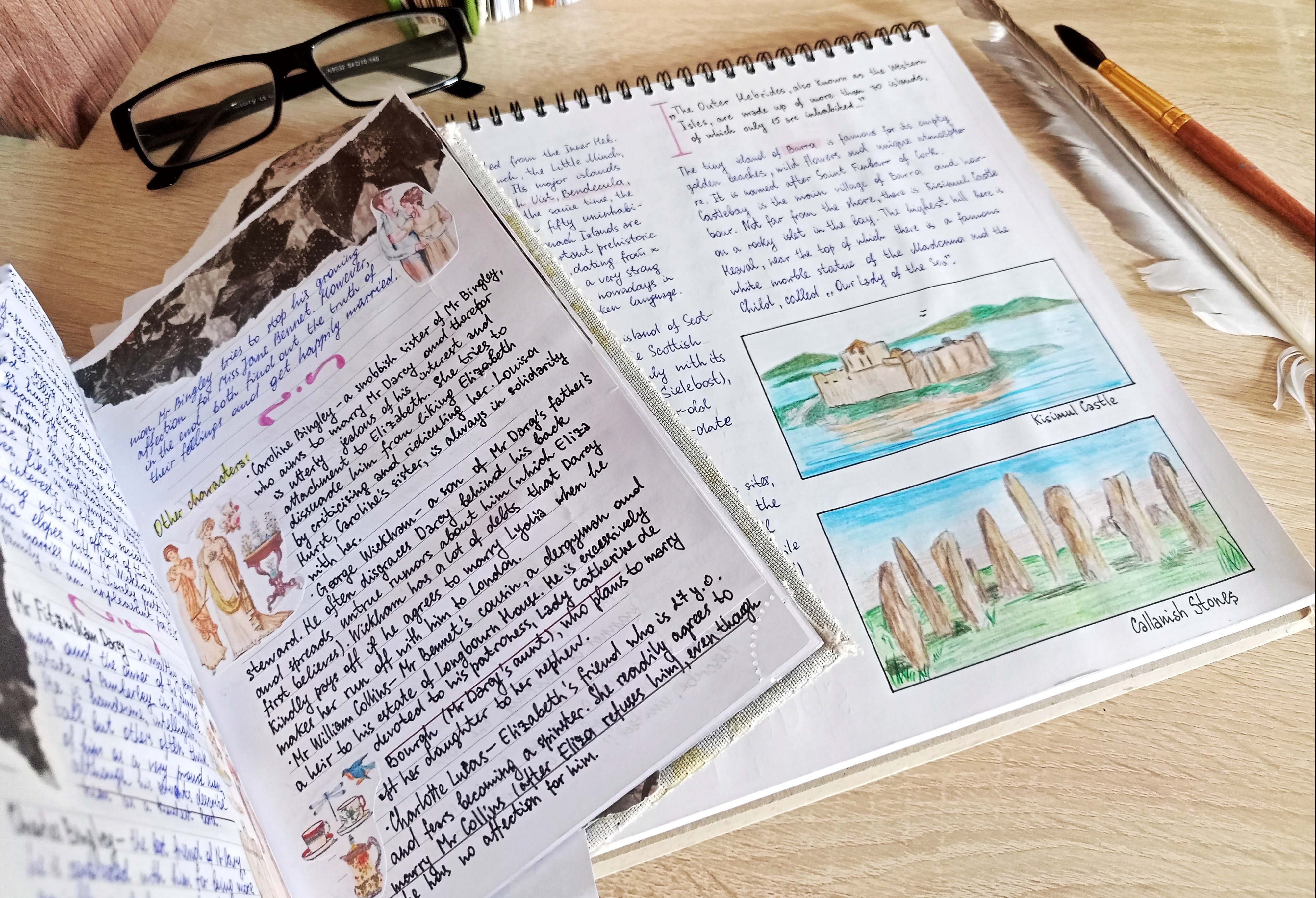
For example, I’ve been studying English and French for years but haven’t had the chance to visit the UK or France yet. Still, I’ve “visited” them through my journaling by writing about their geography, history, traditions, and daily life. These projects have helped me dive deeper into the language, discover new places, and improve my writing skills at the same time.
Want to see how I do it? Here’s a video that shows my language journals in more detail:
🖋️📒WHAT IS A LANGUAGE JOURNAL?
To put it simply, a language journal is a notebook where you write in the language you’re learning—usually around a specific topic or theme. One of my favourite types is what I call a country project.
Let me explain.
I believe that learning a language also means learning about the places where it’s spoken. Culture and language are deeply connected, so even if you can’t travel to the country of your target language, you can travel on paper instead. That’s what I do!
To put it simply, a language journal is a notebook where you write in the language you’re learning—usually around a specific topic or theme. One of my favourite types is what I call a country project.
Let me explain.
I believe that learning a language also means learning about the places where it’s spoken. Culture and language are deeply connected, so even if you can’t travel to the country of your target language, you can travel on paper instead. That’s what I do!

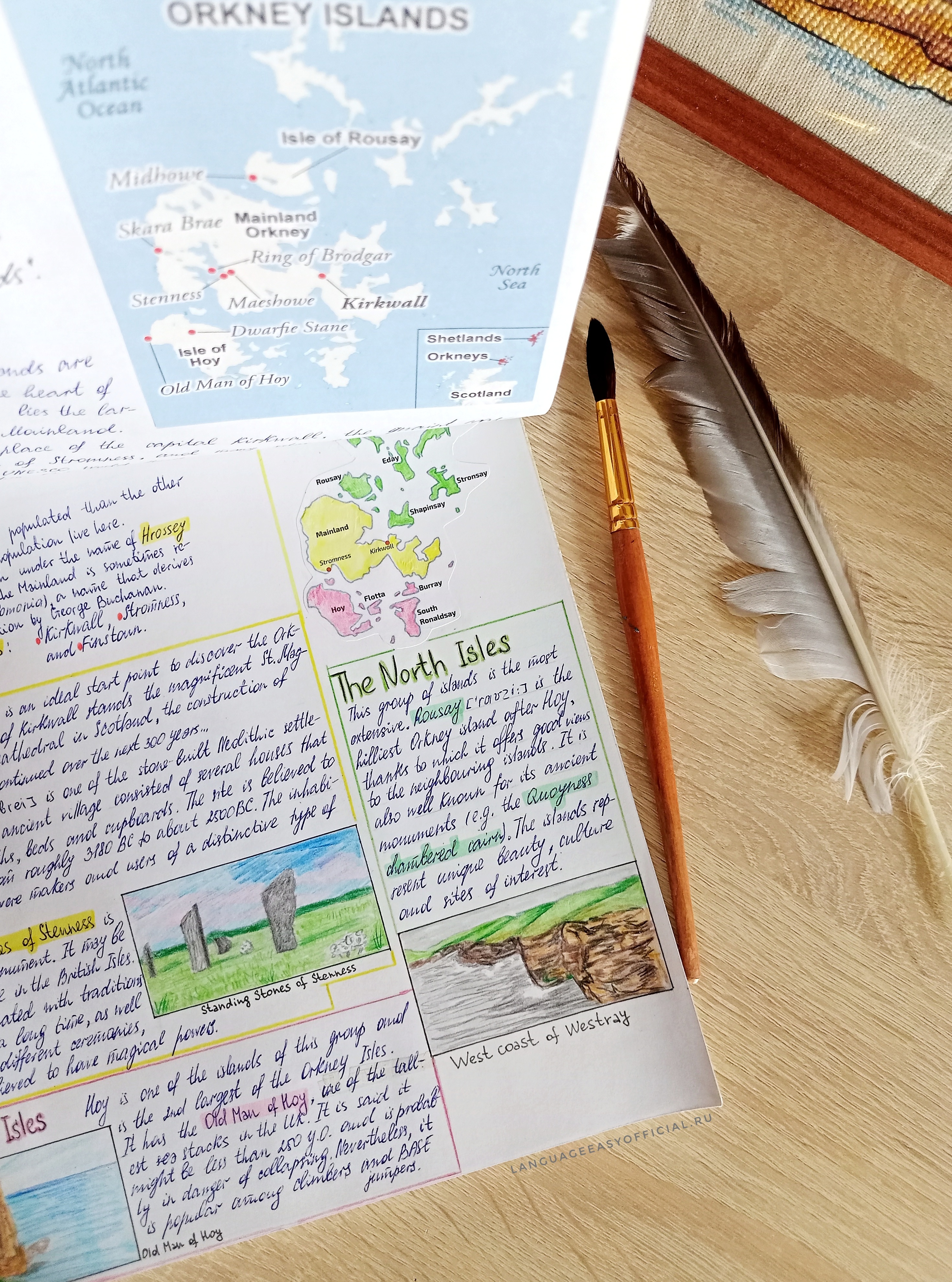
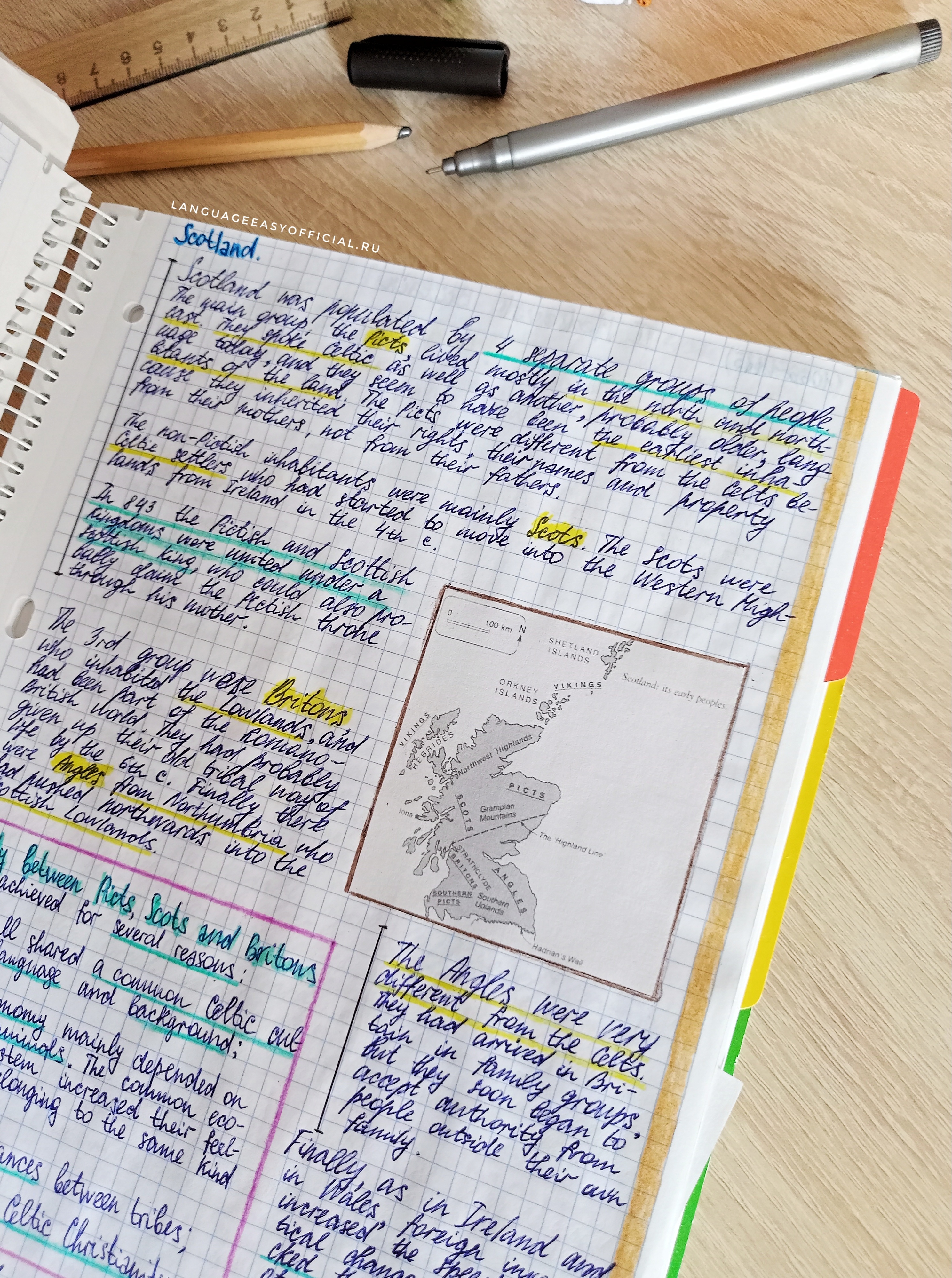
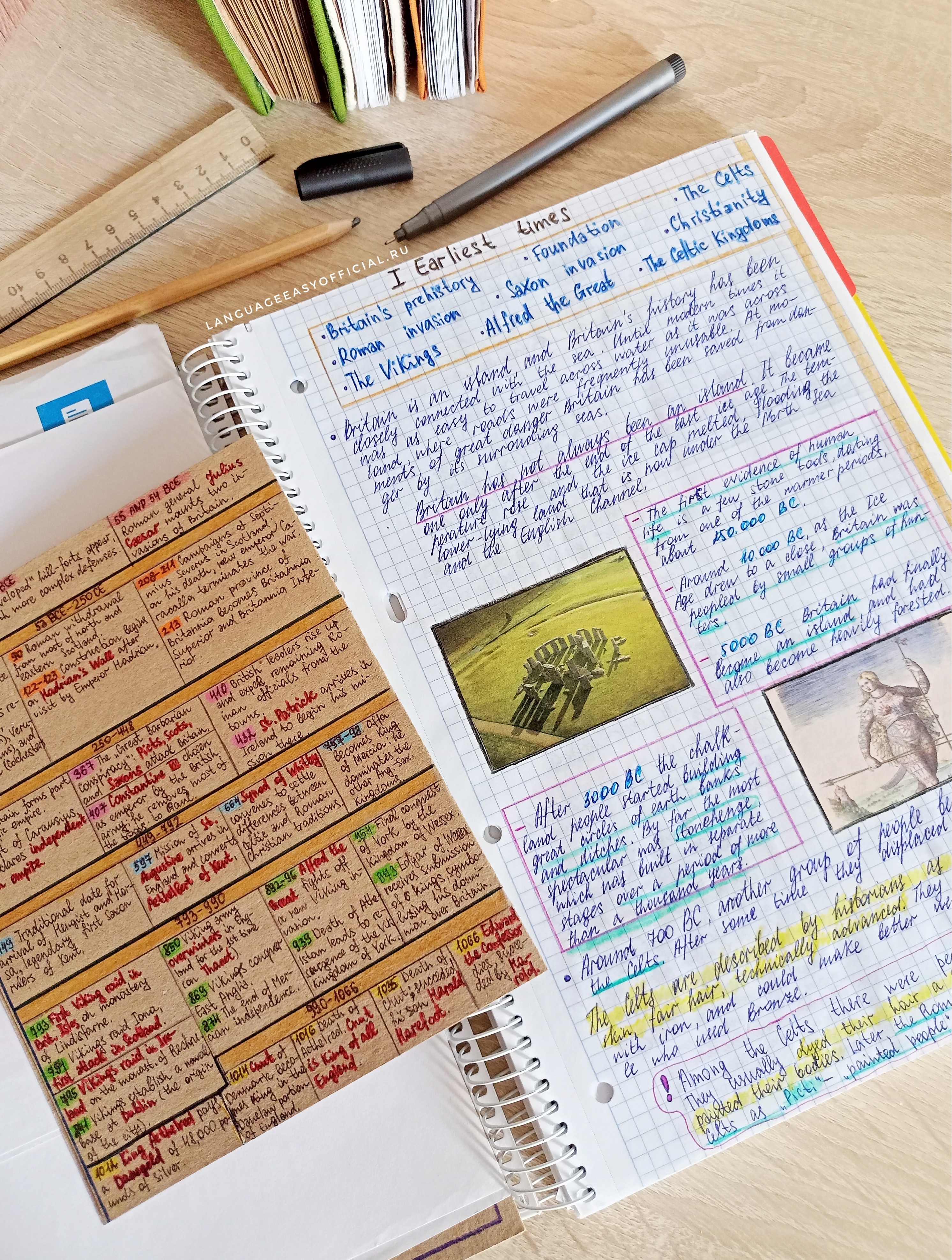
HISTORY JOURNAL / PROJECT
While creating my UK country project, I found myself wanting to write more and more about English history—so I started a separate history journal. If you're also curious about history, this could be a wonderful way to enrich your studies. And if you’re not a big fan of history, that’s okay! You can still include just a few interesting facts in your country project—whatever suits your interests best.
While creating my UK country project, I found myself wanting to write more and more about English history—so I started a separate history journal. If you're also curious about history, this could be a wonderful way to enrich your studies. And if you’re not a big fan of history, that’s okay! You can still include just a few interesting facts in your country project—whatever suits your interests best.
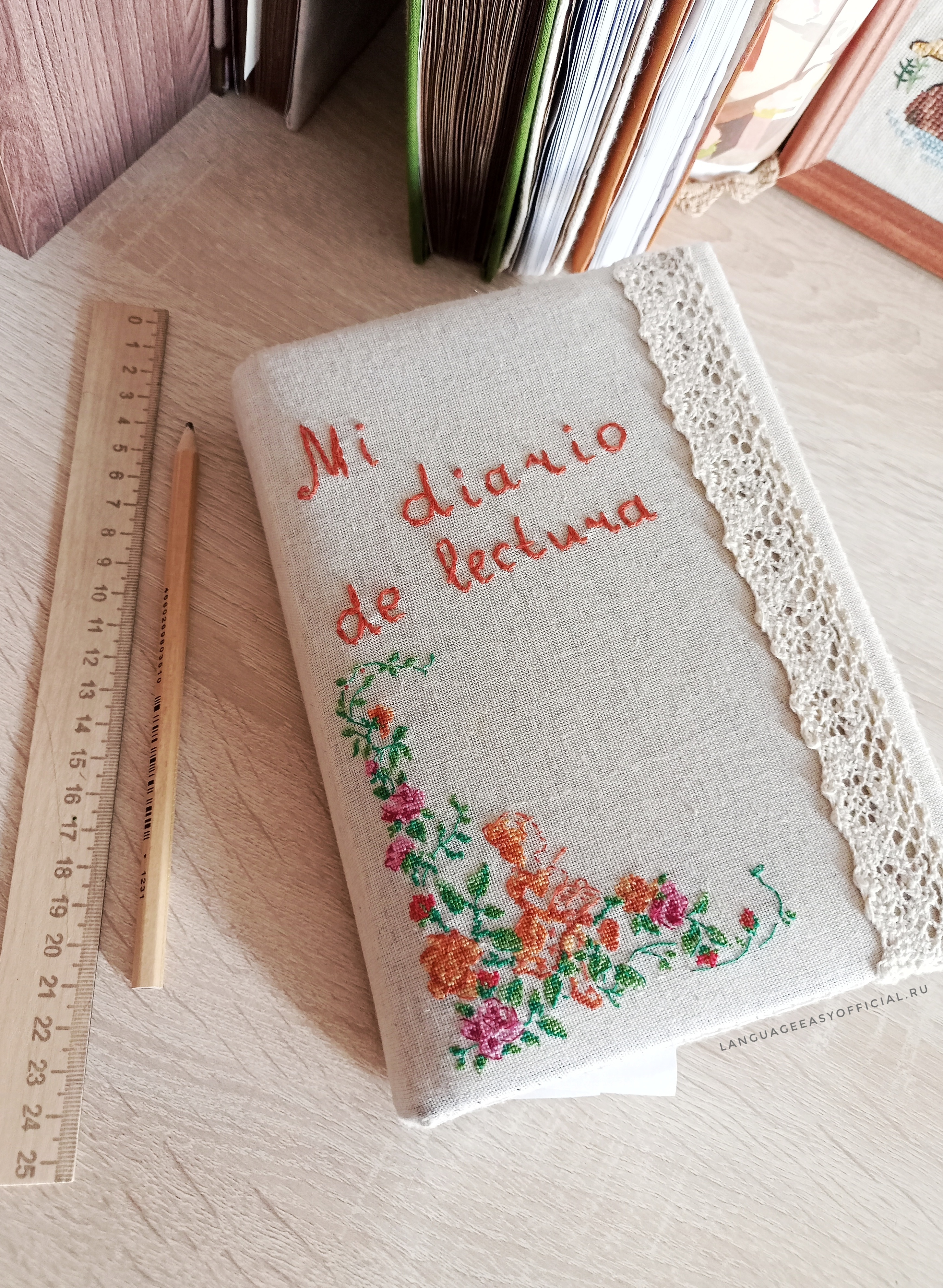
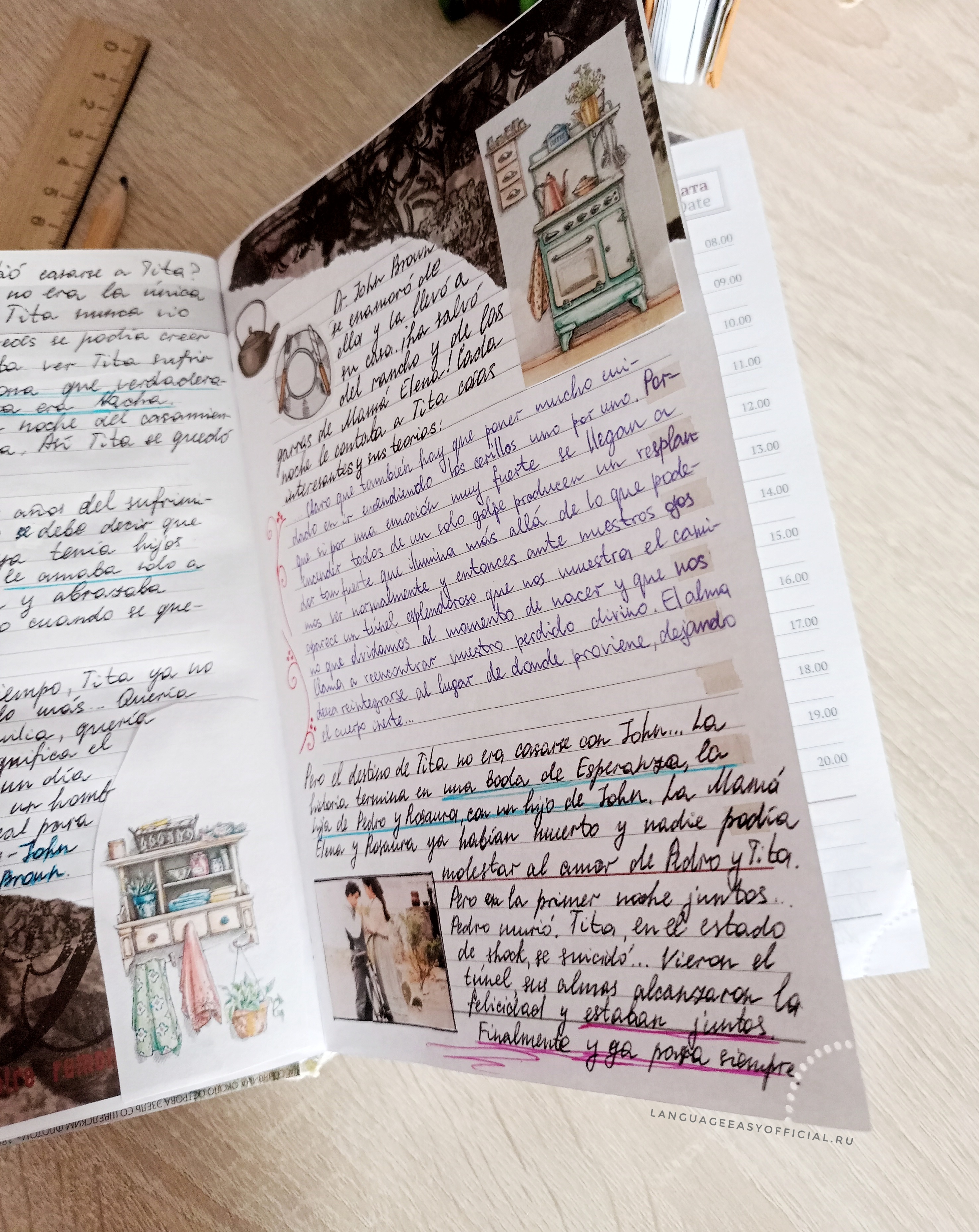
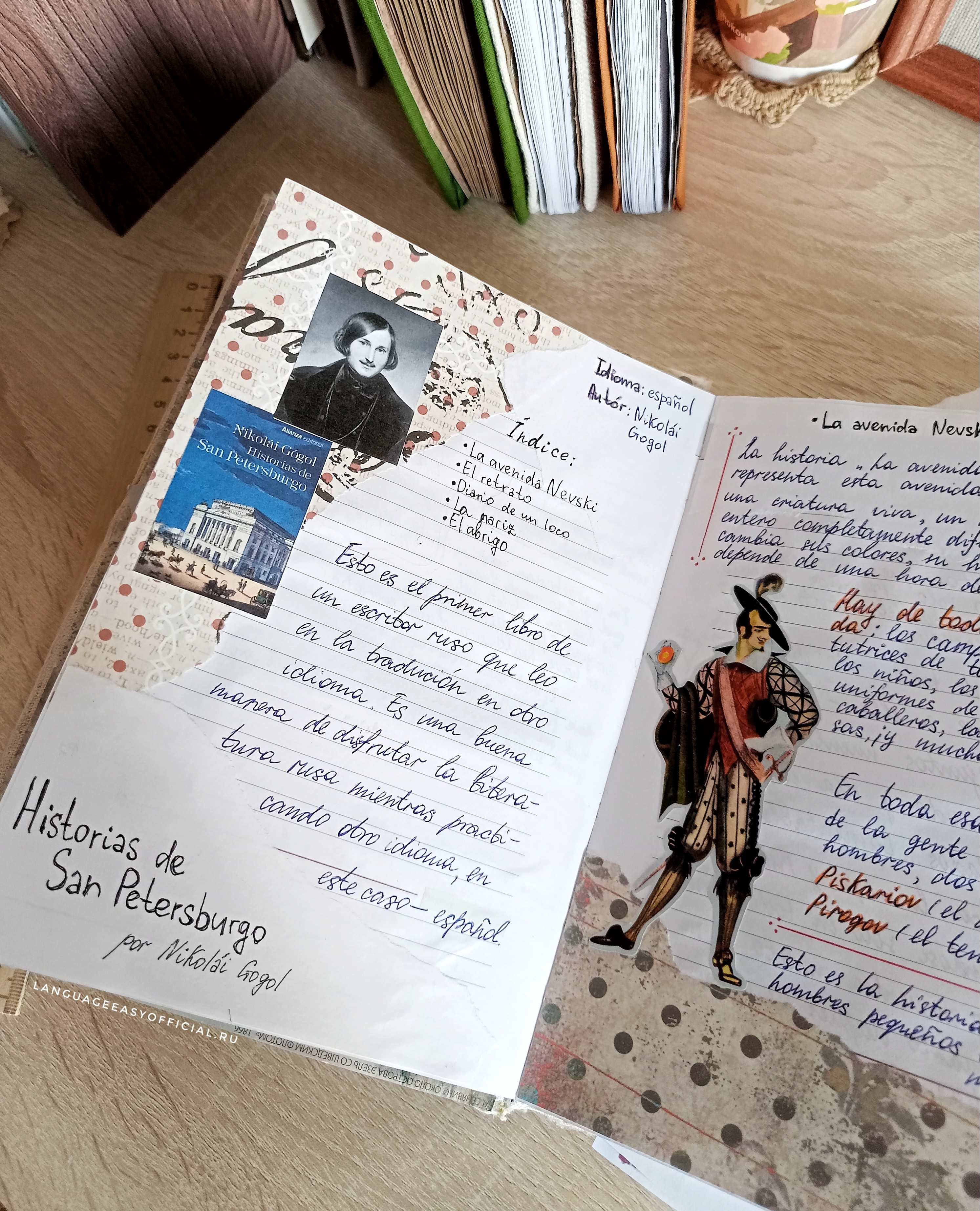
LanguageEasy Newsletter
Subscribe to LanguageEasy Newsletter to receive updates, language learning tips and more :)
(❗sometimes e-mails may come to your spam box - be attentive and get a newsletter out of it 😉)
(❗sometimes e-mails may come to your spam box - be attentive and get a newsletter out of it 😉)


